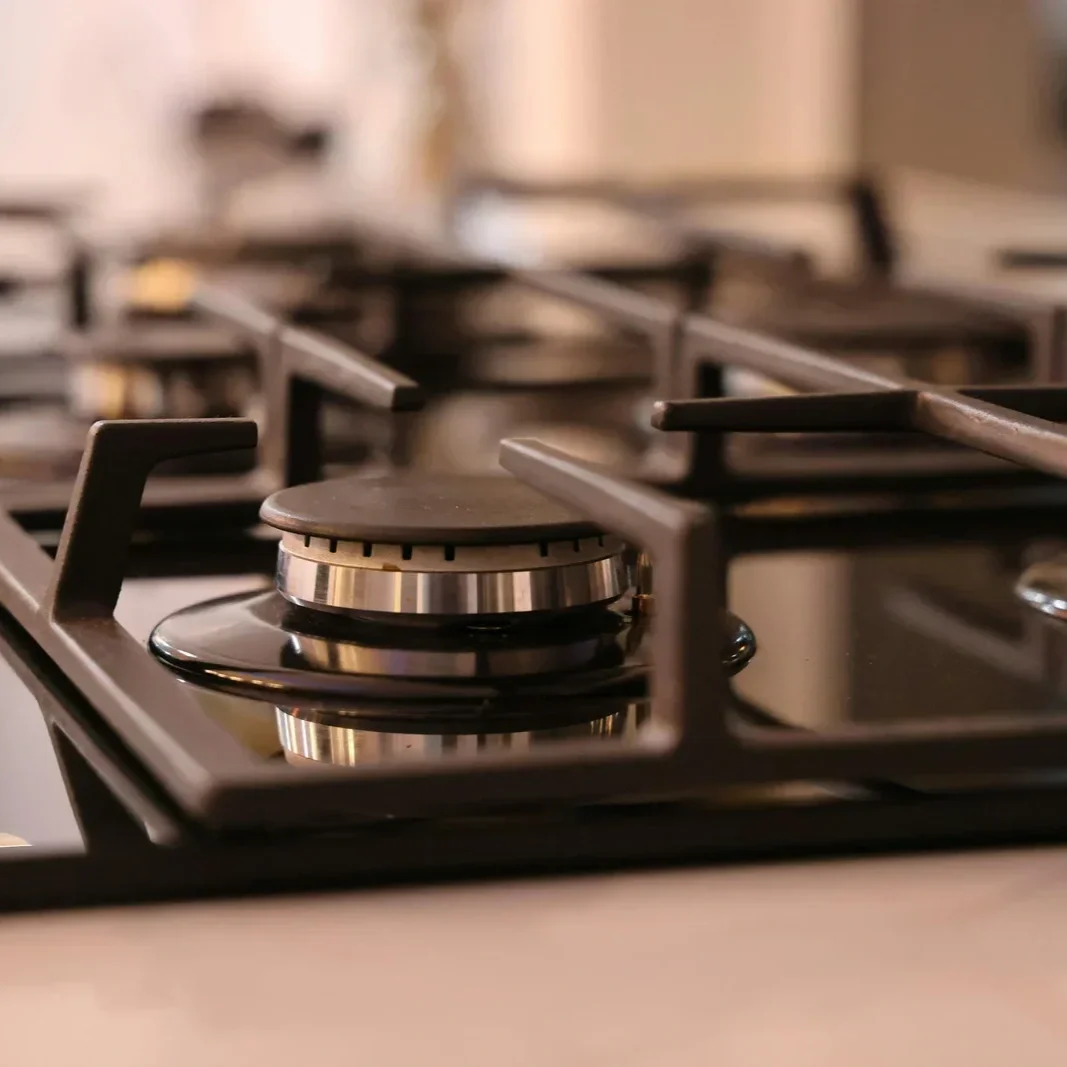Gas Stoves vs. Electric Stoves and Which One Has More Repair Issues
Gas stoves are favored for their precise heat control, while electric stoves are appreciated for their ease of use and often lower upfront costs.
When it comes to choosing between gas and electric stoves, homeowners often find themselves weighing the pros and cons of each. Both types of stoves have their benefits, but there are also some repair-related considerations that can influence the decision. Gas stoves are favored for their precise heat control, while electric stoves are appreciated for their ease of use and often lower upfront costs. However, when it comes to repairs, the differences between these two can be quite telling.
The Benefits and Pitfalls of Gas Stoves
Gas stoves have been a staple in kitchens for years, and for good reason. They offer instant heat, meaning you can control the temperature of your cooking surface with just a turn of the knob. Whether you’re simmering sauce or searing a steak, gas stoves deliver a level of control that many cooks swear by. The flames also heat the cookware directly, which can make the cooking process faster. Gas stoves tend to last a long time, with many models serving up to 15 years with proper care.
However, gas stoves do come with some unique repair challenges. One of the most common issues is with the igniter, which can fail over time. When this happens, the stove won’t light, and you may need to replace the ignition switch or the entire igniter assembly. It’s a relatively straightforward fix for a professional, but it can leave you in a bind when you need to cook. Another repair issue to look out for is a clogged burner. Over time, food particles, grease, and debris can block the burners, preventing the gas from reaching them properly. If not cleaned regularly, the burners can become inefficient or fail completely. These problems require regular maintenance to avoid buildup and the need for repairs.
While gas stoves are durable, they also have the potential for more hazardous repairs. Gas leaks are rare but can be extremely dangerous when they occur. If you smell gas, it’s crucial to shut off the stove and call a professional to inspect the system immediately. Leaks or problems with the gas line can cause serious issues, including carbon monoxide poisoning. While these incidents are uncommon, they are a significant risk that requires proper care and immediate attention when they happen.
Electric Stoves: Convenient but Not Without Their Issues
Electric stoves are often seen as more user-friendly and easier to maintain. They heat up quickly and are simple to operate. Many people appreciate the smooth, flat surfaces of electric stoves, especially the glass-top models, because they are easier to clean compared to traditional coil burners. Electric stoves are also often more energy-efficient than their gas counterparts, and there’s no need to worry about gas lines or leaks, which makes them a safer option for many households.
However, electric stoves also come with their share of repair challenges. The most common issue for electric stoves is problems with the heating elements. Over time, the coils or glass-top heating elements can burn out or crack, leaving you with uneven cooking temperatures or a completely unusable stove. Replacing a heating element isn’t difficult, but it can become costly, especially if you have a glass-top model that requires specialized parts. Some electric stoves also experience problems with the control board or thermostat, which can cause the oven temperature to be inaccurate or unresponsive. In these cases, a professional technician is usually required to replace the faulty components.
Another common problem with electric stoves is wiring issues. As the stove gets older, the wires connecting the components can loosen or fray, leading to short circuits or the stove not working at all. These problems typically require professional repair, as working with electrical components can be dangerous.
Comparing Repair Issues: Which Stove Breaks Down More?
While both gas and electric stoves are prone to repair issues, electric stoves tend to have fewer complex problems than gas stoves. The most common repairs for gas stoves are typically related to the burners, ignition systems, or gas lines, which require more frequent attention and maintenance. Gas stove repairs can also be more hazardous due to the involvement of gas lines and the risk of gas leaks.
Electric stoves, on the other hand, are often easier to troubleshoot, but repairs can still be expensive. The most frequent problems are with heating elements or wiring issues. These repairs usually don’t involve any hazardous materials, but they may require specialized parts or professional assistance to ensure that everything is working properly.
One important factor to keep in mind is that both types of stoves need regular maintenance to avoid unexpected repair bills. Cleaning your gas burners, checking for gas leaks, and ensuring the ignition system is working properly can all help prevent issues. Similarly, cleaning electric stove burners or glass tops and inspecting the wiring periodically can reduce the need for repairs. Taking a few preventative steps can save you from having to make costly repairs down the road.
Choosing the Right Stove for Your Home
When it comes to choosing a stove, there is no clear winner between gas and electric. It largely depends on your cooking style, budget, and preferences. Gas stoves offer more precise control and tend to last longer, but they come with a higher risk of complex and potentially dangerous repairs. Electric stoves are generally easier to maintain and come with fewer hazards, but they may require more frequent repairs for heating elements and wiring.
At the end of the day, both options can serve you well for many years, as long as you stay on top of maintenance and address repair issues as soon as they arise. When something goes wrong with your stove, whether it’s a gas leak or a burned-out heating element, don’t hesitate to call in a professional for home appliance repair. Professional help can save you time, money, and the headache of dealing with stove repairs on your own.
Whether you choose gas or electric, keeping your stove in good working condition will keep you cooking for years to come.

